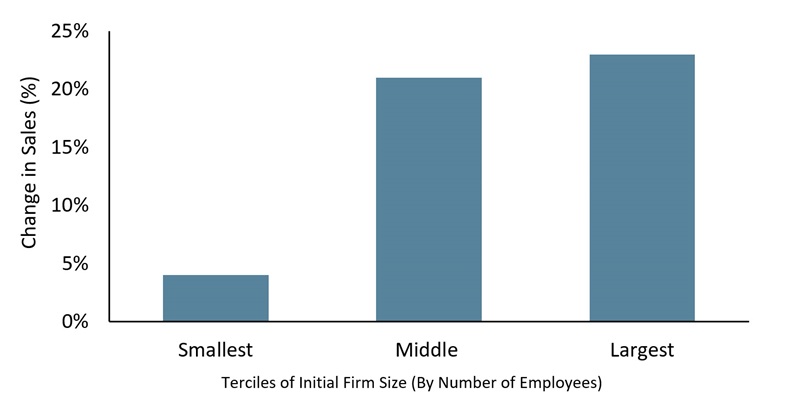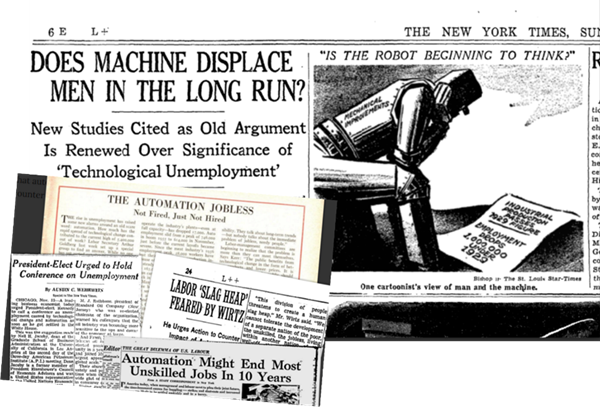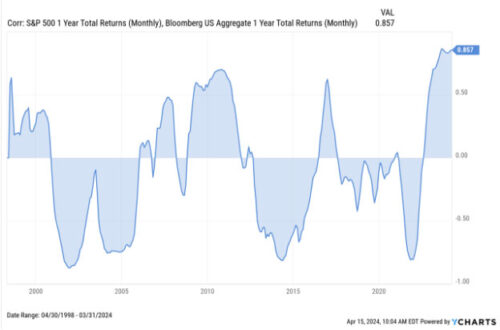With the introduction of ChatGPT and other tools that harness artificial intelligence, a new technological revolution has begun, like it or not. But it’s helpful to remember that, as much as the advent of AI is revolutionary, it’s not our first revolution in technology.
We don’t need to go that far back to find other revolutions. I still have to explain to my kids what life was like before cell phones or the internet. “We had this thing called a card catalogue …”
My grandmother was born in the early 1900s in western Ireland, one of 12 children in a two-room home with a dirt floor, thatched roof, an open fire for cooking and a privy out back. At that time, even a cart pulled by a mule would’ve been a luxury. By the time she died at the age of 83 (or 85, we’re not quite sure), cars, planes, cell phones and the internet had all transformed daily life to a degree that no one could have predicted, especially not from the craggy fields of County Claire, Ireland.
Innovations have often been met with resistance, either out of fear of the unknown or fear of being disenfranchised. In 1996, for instance, the then-powerful telephone industry moved to ban technology that would allow computers to talk over telephone lines. Many will remember the whir and hiss of a modem’s dial-up connection. Recognizing that such technology – which today may seem quaint, but at the time was revolutionary – could jeopardize their traditional business, telephone companies pressed for regulation to put an end to it. Not surprisingly, not only did the phone companies fail, but the technology progressed even more rapidly such that we now have far greater capabilities.
No doubt the development of AI and its distribution to individuals has happened at an extraordinarily fast pace, faster even than what might have been predicted a short time ago. Recently, the consulting group McKinsey had predicted that certain types of AI-powered automation would fully take root by 2040. They’ve now updated that forecast to 2030 – ten years earlier than previously anticipated.
One clear focus has been AI’s impact on the labor force. As we’ve talked about here many times, today’s labor market is among the tightest that we’ve seen in sixty years. Yet if artificial intelligence can make workers that much more productive than before, how many of those workers will companies really need?
For instance, when I’ve hired junior analysts, recently minted from university, much of their time would be focused on gathering data, analyzing that data and putting it into a format that other individuals can understand easily.
In the early 2000s, large financial companies began hiring and training individuals overseas to do much of that work. Often, they needed more individuals to complete the same work because of the extensive training needed, but those individuals were so much less expensive it was worth it. Now, with new Ai tools, those tasks can potentially become much easier.
How can investors benefit from AI? As workers can do more in the same amount of time, that means higher productivity, which in turn translates to better corporate profitability and faster economic growth with fewer inflationary pressures.
Technology stocks have the clearest connection to AI benefits, and that connection has been very evident in how they have traded so far this year. After experiencing very disappointing returns in 2022, the Technology sector has increased by 46% year to date compared to an increase of just 12% year to date for the S&P 500 ex technology. Returns have been so strong that the technology-heavy Nasdaq reached a new high, and the Technology sector now makes up 28% of the S&P 500, compared to its previous peak of 26% in 2020.
Not surprisingly, technology companies have been at the forefront of hiring specialists in artificial intelligence, with Nvidia at the fore with over 8% of all its job listings devoted to AI expertise. Among the companies doing the most AI-related hiring, the largest are seeing the biggest gains in sales, suggesting that new technology is helping the already big get bigger.1
U.S. Publicly Listed Companies Change in Sales for a One Standard Deviation Increase in the Share of AI Workers at a Firm by Initial Size of Firm, 2010 Through 2018

Source: Empirical Research, Babina, T., Fedyk, A., and James Hobson, 2022. “Artificial Intelligence, Firm Growth, and Product Innovation.” Working Paper. Change in sales and employees are over the eight-year period.
In addition, many non-tech companies are also looking to leverage AI. Companies in online commerce, financial services and autos are actively shoring up their AI benches.
So what won’t change with AI? The understandable fear is that if fewer workers are needed to complete a specific task, that often translates into fewer jobs available, think of the declining demand for wheelwrights once cars became ubiquitous. Yet what we’ve found is that demand for workers doesn’t evaporate, it changes and shifts.
As tools that leverage artificial intelligence become faster, more sophisticated, and more accessible, there are still certain types of skills that will continue to be necessary, and likely even more in demand than before. Geoff Colvin writes in Humans are Underrated:
“As technology takes over more of our work while simultaneously changing us and the way we relate to one another, the people who master the human abilities that are fading all around us will be the most valuable people in our world.”
What are those “human abilities” that are fading yet more valuable? Colvin argues that the ability to empathize with others, to relate, to inspire, and to build teams will never be replaced by a machine. These abilities may even be helped by a machine, perhaps, but not replaced. AI can help write an inspiring speech, but we still need to believe and relate to the individual delivering it. Humans crave interpersonal connection.
We are still in the early days of the artificial intelligence revolution and while it will likely bring tremendous change, it doesn’t have to be feared.
Kestra Financial Article by Kara Murphy, CFA






